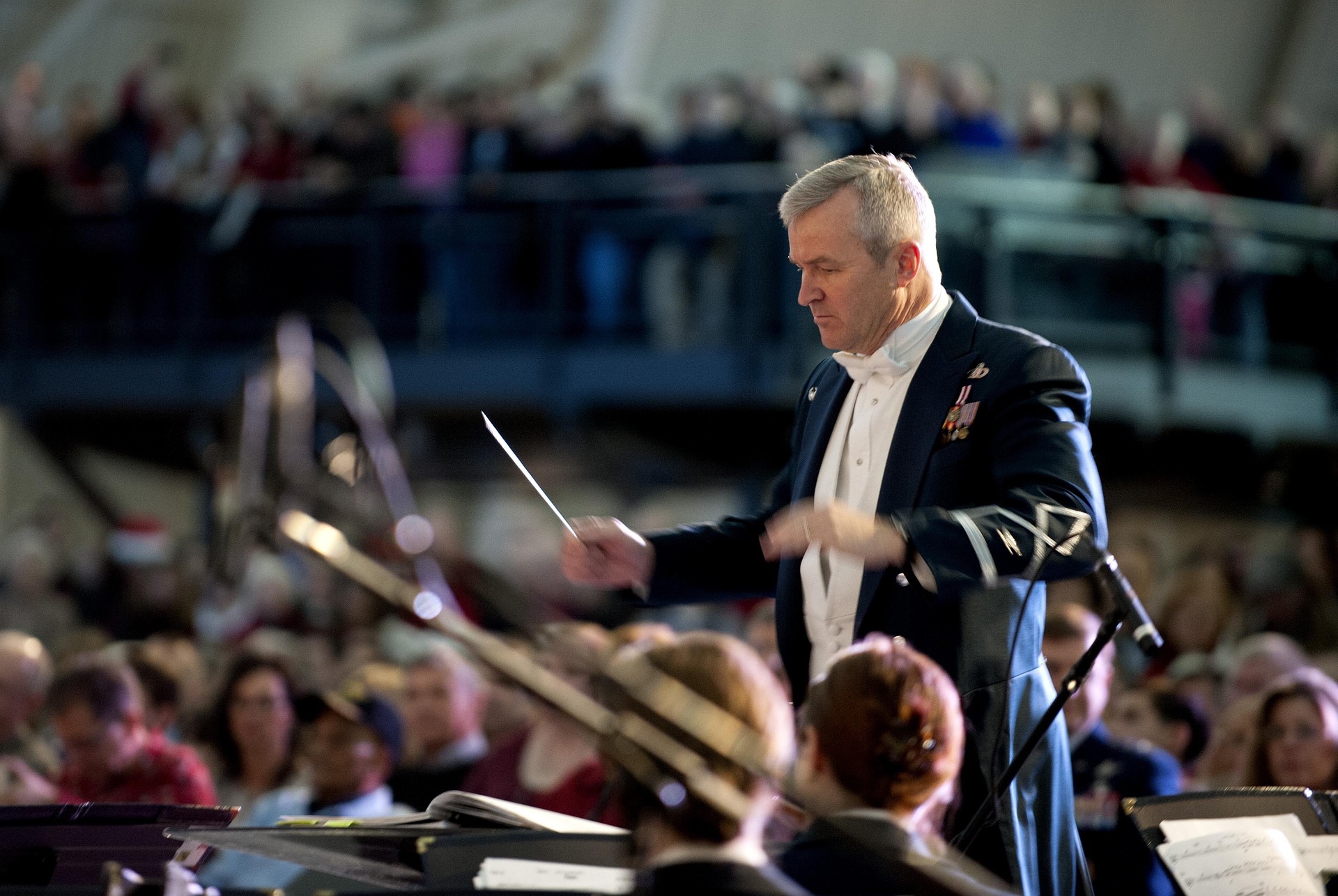Isn’t It Romantic? Dr. Scott Stewart and Lois Reitzes Discuss Romantic Music

WABE’s host of “Strike up the Band” and music educator, Dr. Scott Stewart joined Lois Reitzes to discuss love songs.
Pixabay Images
Some of the most love-filled and memorable sonic Valentine’s cards are courtesy of film music composers from the past 100 years or so.
WABE’s host of “Strike up the Band” and music educator, Dr. Scott Stewart joined Lois Reitzes to examine some film scores that tug at our heartstrings and the music that gets our heart’s pumping — love songs.
There is a rich legacy of Hollywood music not only for romantic love, but all kinds of love. When composers go to composer school (which is a thing!) they must be able to draw on kinds of “recipes” to connect to this tradition of composing music about love while also finding their own unique voice.
It is important to make a distinction between what we call “romantic music” — that is, music that is about love — and music of the Romantic era, a category of European music that was written and performed between around 1830 to 1900. Romantic music was an outgrowth of the “Classical Period” — music of Haydn, Mozart and Beethoven in the 18th century, which we generally think of as being elegant, having clear, light textures, even phrasing, balanced forms, and a certain kind of control and graceful beauty.
In the “Romantic era,” composers turned their attention to powerful expression of emotion. Forms were expanded, emotionalism became extreme, and there were increased emphases on nature, the supernatural, the macabre, and the individual. Gustav Mahler embodied the principles of over-the-top expression.
With the rise of program music like Berlioz’s Symphonie Fantastique and Mussorgsky’s Night on Bald Mountain — which told a story through music — it’s no coincidence that early soundtracks bore a striking resemblance to Romantic instrumental music. And they still do today.
Early film composers like Steiner, Korngold and Newman grew up listening to the music of the Late Romantic composers like Mahler, Puccini, Verdi and Tchaikovsky, so it was only natural that they would take their cue for film scoring from them. Music about love and romance in many cases looked fondly to the Romantic era for ideas, but these are definitely two separate categories.








